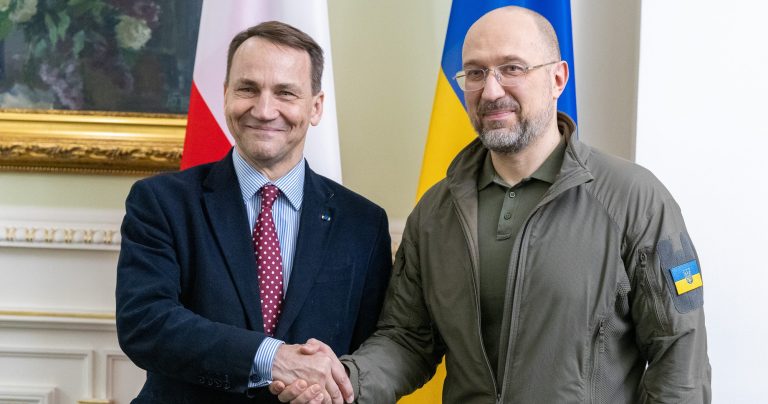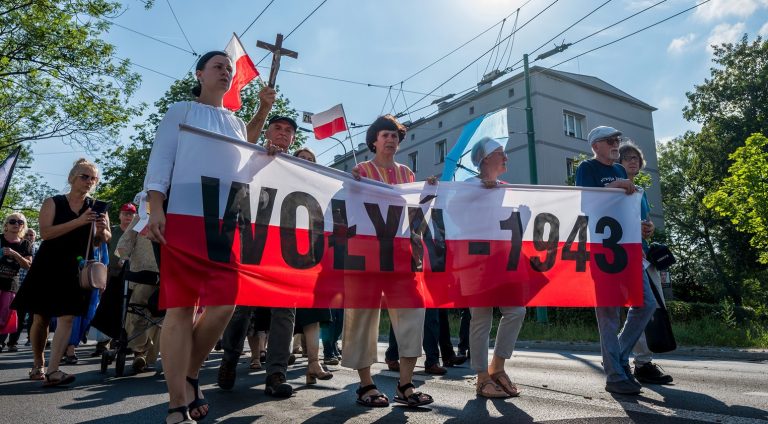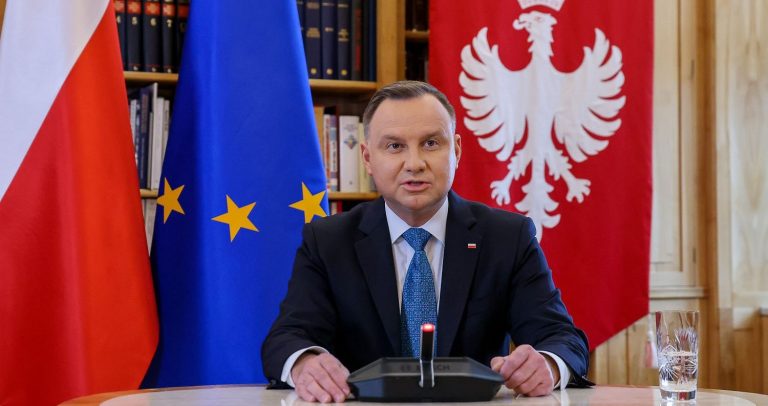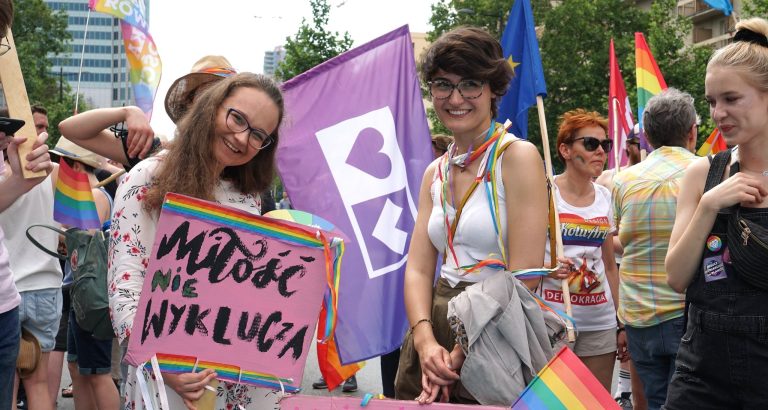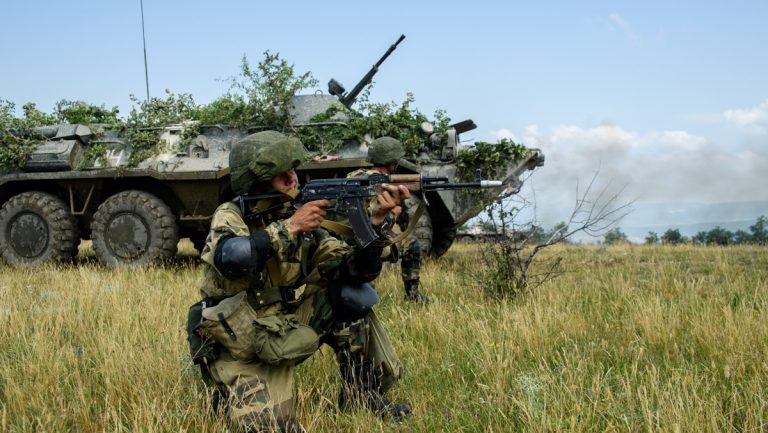Poland proposes cuts across school curricula to alleviate pupils’ workload
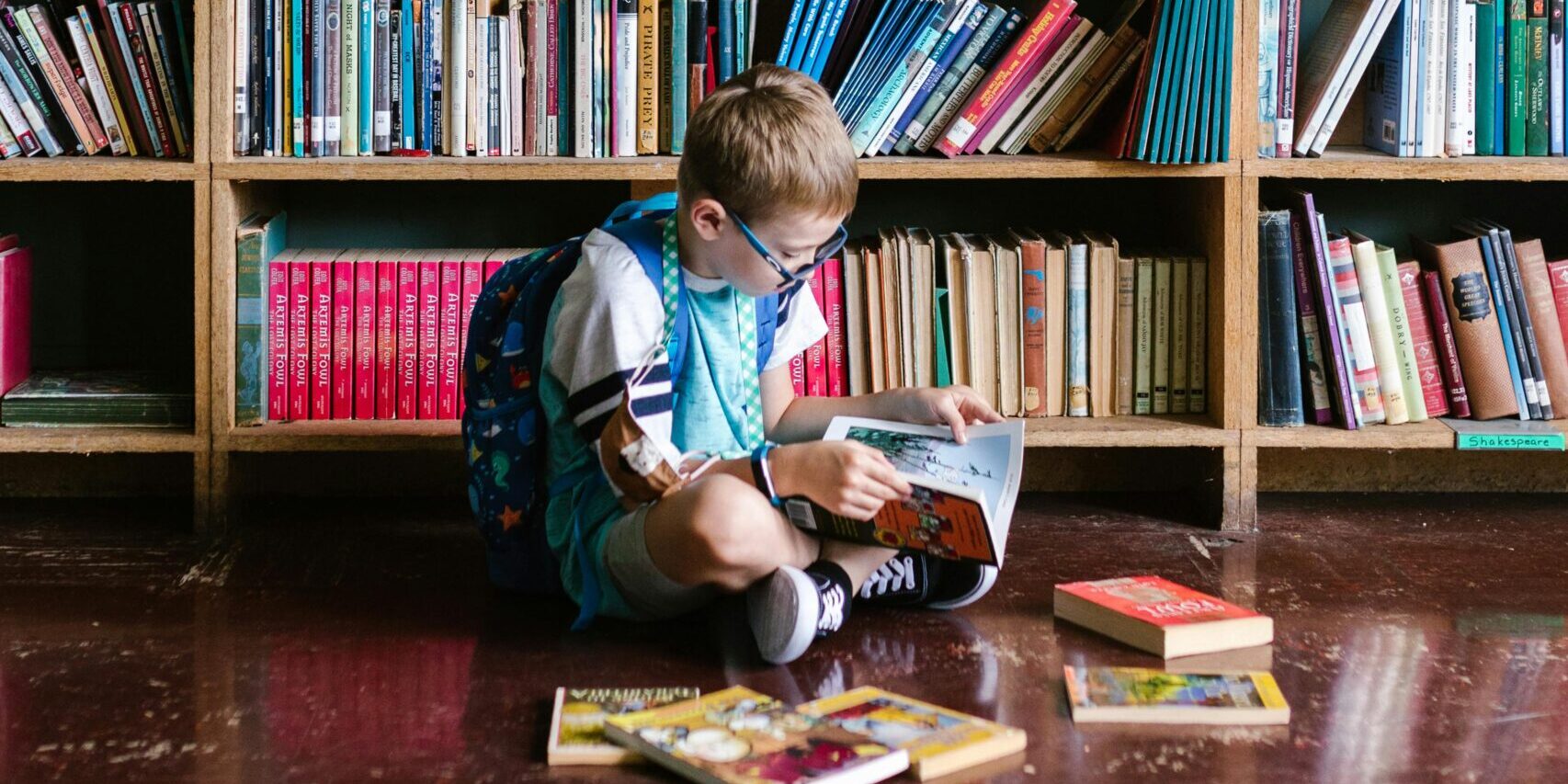
The Polish education ministry has published a draft of the new curricula for pupils in primary, secondary, technical and trade schools, which includes cuts to the material in almost all subjects.
The ministry hopes that a reduction of about 20 percent of mandatory material, combined with maintaining the same number of hours taught, “will enable teachers and students to cover the material more calmly and in-depth, resulting in a more effective education”.
The opposition, however, strongly objected to what it sees as the cutting out of important events of Polish history from the curriculum.
‼️12 lutego rozpoczynamy prekonsultacje dot. zmiany podstawy programowej kształcenia ogólnego. Zachęcamy do przesyłania swoich spostrzeżeń i opinii.
➡️ Celem zmian podstawy programowej jest ograniczenie obowiązkowego zakresu treści nauczania, co przy pozostawieniu aktualnego… pic.twitter.com/1kjBXcBE1v
— Ministerstwo Edukacji Narodowej (@MEN_GOVPL) February 12, 2024
The government invited experts, teachers, parents and students to share their opinions on the proposed changes parts of pre-consultations. Anyone can send the comments to the ministry via an online survey until 19 February.
If the changes are adopted, the new curricula for students from the fourth grade of primary school and older will be in force from the beginning of the new school year, starting 1 September. The ministry underlined, however, that the changes will not result in the need to replace textbooks.
The most important changes across different subjects include cuts in mandatory material, a shift in focus from memorising information to analysis and putting a larger emphasis on research skills.
Poland has ranked first among EU countries – alongside Finland – in an international test of reading comprehension among school pupils.
It also has one of the largest gender disparities, with girls performing much more strongly than boys https://t.co/JHUh94BA0t
— Notes from Poland 🇵🇱 (@notesfrompoland) May 16, 2023
Changes to the history curriculum that included the removal of detailed lists of events or people were the most controversial. The authors of the changes, experts appointed by the ministry, explained the changes, saying this information should be included in the detailed teaching programme for each grade, not the curriculum.
However, politicians from the former ruling Law and Justice Party (PiS) opposed the removal of mentions of important events, such as the Volhynia massacres, in which, during World War Two, Ukrainian nationalists killed tens of thousands of ethnic Poles.
“[These changes] are supposed to lead to cutting Poles off from tradition, culture, that is, cutting them off from Polishness,” Przemysław Czarnek, the education minister in the former Law and Justice (PiS) government, said in the interview with the Catholic broadcaster Radio Maryja.
“At [education minister Barbara] Nowacka’s school Polish children and young people will not learn about the Baptism of Poland, cursed soldiers, the Volhynia massacres and John Paul II,” posted Maria Kurowska, an MP from Soveraign Poland (Suwerenna Polska), a junior coalition partner in the former government.
W szkole Nowackiej 🇵🇱 dzieci i młodzież nie nauczą się o Chrzcie Polski, Żołnierzach Wyklętych, Rzeźi Wołyńskiej i JP2. Nie przeczytają Norwida i Mickiewicza…
Za to nauczą się o antykoncepcji, pigułce aborcyjnej, 59 wymyślonych płciach LGBT i zmianie płci..
Rodzice działajcie! pic.twitter.com/FlQWG79XBL
— Maria Kurowska (@MariaKurowskaPL) February 14, 2024
Nowacka responded to the allegations by pointing out that “the essence of pre-consultation is that experts propose something, and everyone can evaluate the proposals and express their substantive opinion”.
“I encourage you to do so,” she added on social media. “I, for my part, will not sign a document in which the Volhynian slaughter is not referred to by its proper name – genocide.”
Other proposed changes include cuts to mandatory reading lists for Polish classes for both primary and secondary schools, which are focused primarily on the history of literature.
Some school staples, such as Sir Thaddeus (Pan Tadeusz) by Poland’s national bard Adam Mickiewicz, will now be required only in parts, while other books have been removed in their entirety e.g works by the late Polish pope, John Paul II.
However, a play The Jeweler’s Shop that he had written before becoming the pope was included in the complementary reading list. The list will also now include more modern literary works, such as novels by Polish Nobel Prize winner Olga Tokarczuk.
Olga Tokarczuk has faced a backlash in her homeland from conservative critics who believe that she likened the Polish government to Belarus’s in an interview.
But others have defended the Nobel laureate, arguing that her words were misleadingly presented https://t.co/4YdJumtUs0
— Notes from Poland 🇵🇱 (@notesfrompoland) June 4, 2021
The ministry also proposed lowering the required foreign language proficiency by at least half a degree – which, in the case of a first foreign language, most often English, would lower the minimum required level at the end of secondary school from B1+ to B1, according to a scale developed by the Council of Europe.
However, the ministry stressed that “the overarching goal of education [is] to communicate effectively in a modern foreign language both in speech and writing”.
In the case of math, the requirements for knowledge of an “encyclopaedic nature” have been removed, while the requirements for reasoning, including proof delivery, have been retained without significant change.
Poland is seeing a boom in private education, fueled by the pandemic, the upheaval of education reform, fears of politicisation of public schools, and teacher shortages.
In Warsaw, the number of pupils in private schools has risen 37% since 2016 https://t.co/fOXUxzJRVD
— Notes from Poland 🇵🇱 (@notesfrompoland) June 6, 2022
In the case of sciences, such as biology, geography and chemistry, requirements for knowledge of several specific concepts have been removed, with a greater emphasis on the ability to use digital tools and resources available on the Internet, as well as understanding the links and relationships between concepts.
Last month, Nowacka, in the spirit of reducing the pupils’ workload, also announced an abolition of the compulsory, graded homework in Poland’s primary schools.
Both the cuts of the curricula and the removal of homework for the youngest students were part of pre-election promises by the minister’s party, Civic Coalition (KO).
For more on the government’s promise to end homework for primary-school pupils, see our report from last month https://t.co/iYs2grsSvl
— Notes from Poland 🇵🇱 (@notesfrompoland) February 11, 2024
Notes from Poland is run by a small editorial team and published by an independent, non-profit foundation that is funded through donations from our readers. We cannot do what we do without your support.
Main image credit: RDNE Stock project / Pexels

Alicja Ptak is senior editor at Notes from Poland and a multimedia journalist. She previously worked for Reuters.

